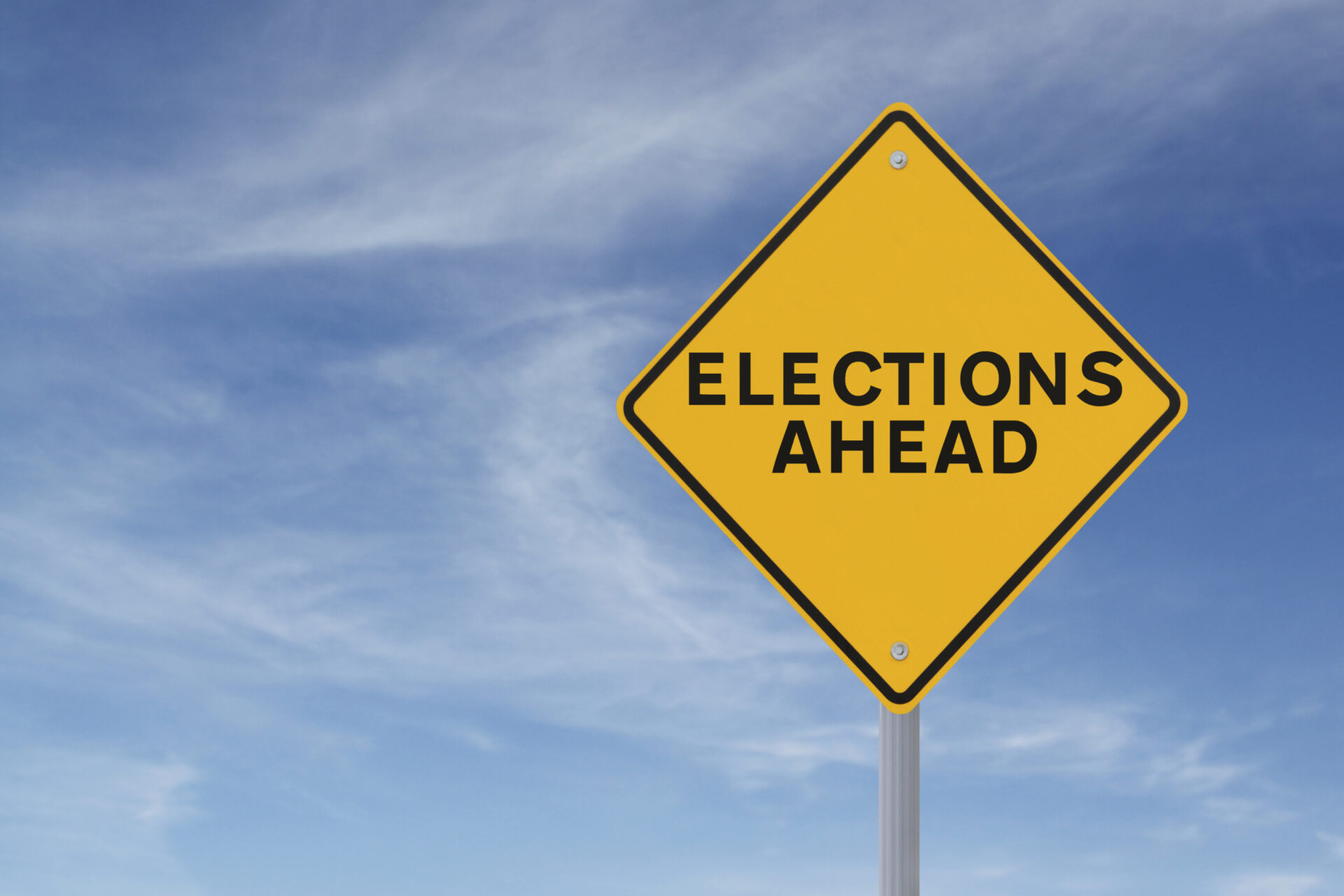In a world saturated with information, the realm of conspiracy theories often finds a place to flourish. These theories, fueled by skepticism and suspicion, can captivate public imagination and influence public opinion in profound ways. As a platform dedicated to polling and surveys, we have a unique opportunity to delve into the intricate relationship between conspiracy theories, public sentiment, and the power of data-driven insights. In this article, we’ll journey through some of the most notorious conspiracy theories of the 21st, 20th, and 19th centuries, while examining their impact on public opinion and their enduring presence.
The Enigma Attracts
Conspiracy theories have an uncanny ability to capture the human mind. They often tap into our innate desire to question authority, seek hidden truths, and find patterns where there might be none. In the age of the internet, these theories can spread like wildfire, amplified by social media platforms and echo chambers. This raises a compelling question: How do these theories influence public opinion, and how can we measure their impact?
The Dynamics of Public Opinion
Polling and surveys serve as invaluable tools to gauge public sentiment. By designing well-structured surveys and analyzing the results, we can gain insights into the prevalence of certain conspiracy beliefs within society. These insights allow us to better understand the factors that contribute to the popularity of conspiracy theories and shed light on the demographics most likely to subscribe to them.
Conspiracy Theories of the 21st Century
The 21st century has witnessed a surge in conspiracy theories, amplified by the rapid dissemination of information online.
A conspiracy theory that emerged in the 21st century with roots in Africa is the “AIDS Denialism” theory. This theory initially gained traction in South Africa and propagated the idea that HIV does not cause AIDS, contradicting overwhelming scientific consensus. Some proponents of this theory claim that the AIDS epidemic is a result of factors unrelated to HIV, such as malnutrition or other environmental causes. This theory led to skepticism about the efficacy of antiretroviral treatments and hindered efforts to address the HIV/AIDS crisis, particularly in parts of Africa. Despite extensive scientific evidence, AIDS denialism persisted for a significant period, highlighting the powerful influence of misinformation and conspiracy theories on public health matters.
One prominent American conspiracy theory that emerged in the 21st century is the “QAnon” theory. This theory alleges the existence of a secretive deep-state plot against President Trump and claims that a high-ranking government insider, known as “Q,” is leaking classified information to expose this plot. The theory involves a wide range of far-reaching claims, including secret pedophile rings, global cabals, and impending mass arrests of those involved. Despite a lack of credible evidence, the QAnon theory has gained a significant following, leading to real-world consequences and raising concerns about the spread of misinformation and radicalization.
Conspiracy Theories of the 20th Century
The 20th century brought about a host of conspiracy theories, one of the most famous being the moon landing hoax. Despite overwhelming evidence supporting the Apollo missions, a subset of the population remains unconvinced. Polling data from different decades reflects the enduring appeal of this theory and highlights the challenge of dispelling deeply ingrained beliefs.
One notable conspiracy theory with European origins is the “New World Order” theory. This theory posits that a secretive group of elites, often associated with powerful international organizations like the United Nations or the European Union, aims to establish a global government that would control all aspects of society. The theory suggests that these elites manipulate world events and economies to further their agenda, which is often portrayed as undermining national sovereignty and individual freedoms. The “New World Order” theory gained traction during the late 20th century and continues to be a topic of discussion and speculation.
Conspiracy Theories of the 19th Century
Even in the 19th century, conspiracy theories held sway. One notable example is the “Protocols of the Elders of Zion,” a fabricated document alleging a global Jewish conspiracy for world domination. This theory fueled anti-Semitic sentiments and had a lasting impact, despite being widely discredited as a forgery.
The Tenacious Persistence of Unproven Theories
One of the most intriguing aspects of conspiracy theories is their ability to persist despite being debunked. The theory that the Earth is flat stands as a prime example. Centuries of scientific evidence supporting a spherical Earth have failed to quell the fervor of flat Earth proponents.
The ones that prove to be true
One example of a conspiracy theory that was initially dismissed but later proven true is the Watergate scandal. In the 1970s, a theory circulated that the Nixon administration was involved in a break-in at the Democratic National Committee headquarters, located in the Watergate complex. This theory was widely considered a conspiracy until investigative journalism and legal proceedings uncovered concrete evidence of the Nixon administration’s involvement in the break-in and subsequent cover-up. The scandal ultimately led to President Nixon’s resignation and demonstrated that some conspiracy theories can indeed be validated through rigorous investigative work and the exposure of hidden truths.
PollPapa aspires to foster a space where minds are exposed to varying viewpoints, ensuring that individuals are not confined within narrow information silos. Public opinion online has segregated into secluded chambers of like-minded people and uprising distrust of different opinions – these are the media bubbles and PollPapa holds the pin that can burst media bubbles easily, by providing a safe place where different opinions meet.
As a platform dedicated to polling and surveys, PollPapa has the advantage of capturing shifts in sentiment, offering insights into the minds of those who embrace alternative narratives. By understanding the interplay between conspiracy theories and public opinion, we can navigate the complex landscape of information, misinformation, and the human inclination to question the world around us. Through the lens of data, we gain a clearer view of the evolving dynamics between skepticism, belief, and the enduring allure of the unknown.





